10 Things to Avoid When Raising A Teen Girl
Wouldn’t it be great if there was a handbook for raising a teen girl? Unfortunately, no such handbook exists.
BUT if you want to develop a healthy and working relationship with your female identifying teen, read on.
After working with many teens and families as a Registered Social Worker, I have developed a list of 10 things to avoid doing.

Photo from Canva Pro
>>> FREE DOWNLOAD: Depression & Anxiety Toolkit for Parents Raising Teen Girls <<<
10 tools you can immediately use to improve your female identifying teens’ mental health & build resistance against depression & anxiety:
Anxiety & Depression Toolkit for Parents Raising Teen Girls
Here are 10 things you want to avoid while raising a teen girl:
- Don’t snoop (i.e going through your teen’s phone). That’s boundary trespassing. (You can still set internet rules, though. Read our blog to learn how: ‘4 Tips To Setting Internet Rules for Teens‘).
- Not giving your teens the privacy they need when out with friends.
- Not hearing and listening to your teen when they try to talk to you.
- Not compromising and negotiating and having rigid boundaries.
- Coming from a ‘your way or the highway’ style of parenting.
- Don’t be fast to talk when you need to listen to understand (e.g interrupting and trying to multitask when they are trying to engage with you).
- Don’t take anything teens do personally, I mean they are trying to find themselves and are in transitioning stages… Come on, what was your behaviour like as a teen?

Photo from Canva Pro
- Teens don’t want to be talked to as little kids, allow them some independence and ability to make informed decisions.
- Don’t force them to engage in things or activities you prefer as a parent or leave up to your dreams and aspirations, this might result in pressure and inability to cope and can often lead to mental health challenges.
- Don’t compare your teen to other teens, especially their peers.
>>> FREE DOWNLOAD: Depression & Anxiety Toolkit for Parents Raising Teen Girls <<<
10 tools you can immediately use to improve your female identifying teens’ mental health & build resistance against depression & anxiety:
Anxiety & Depression Toolkit for Parents Raising Teen Girls
One thing you WANT to do, is ensure you and your daughter have a lot of support during this time.
It takes a community to raise a child 🧡
Through Pyramid Psychology (soon to be known as ‘Unbreakable Teen Me’), I offer private therapy sessions for female identifying teens, which include support for YOU in-between sessions.
I support adolescents in Alberta ranging from 11 to 21 years old. You can book a free consultation with me here:
I Want Support for My Daughter Now
Love,
Chipo
Register Social Worker offering counseling for female identifying teens (11-21 years old)
 I am a registered social worker with a Bachelor of Social Work with a major in psychology from the university of the Western Cape, and a Master’s in Clinical Social Work specialization with individuals, families, and groups from the University of Calgary.
I am a registered social worker with a Bachelor of Social Work with a major in psychology from the university of the Western Cape, and a Master’s in Clinical Social Work specialization with individuals, families, and groups from the University of Calgary.
In my practice, I note the different intersectionalites that come into play, and I have adapted myself to understanding the effects thereof. I pride myself in working from a holistic and integrative approach using trauma-informed, anti-oppressive, and intersectional lenses in rendering services.
I am grounded by embracing my full humanness-being imperfectly perfect. My faith, family and friendships carry me through life and its happenings. I find being in nature very healing and so is savouring moments. When not working, I love to engage in some fitness, going on walks, journaling, catching up on Korean series, city adventures and reading for pleasure. I also believe in allowing my inner child come out sometimes through art, dancing, building sand castles you name it.








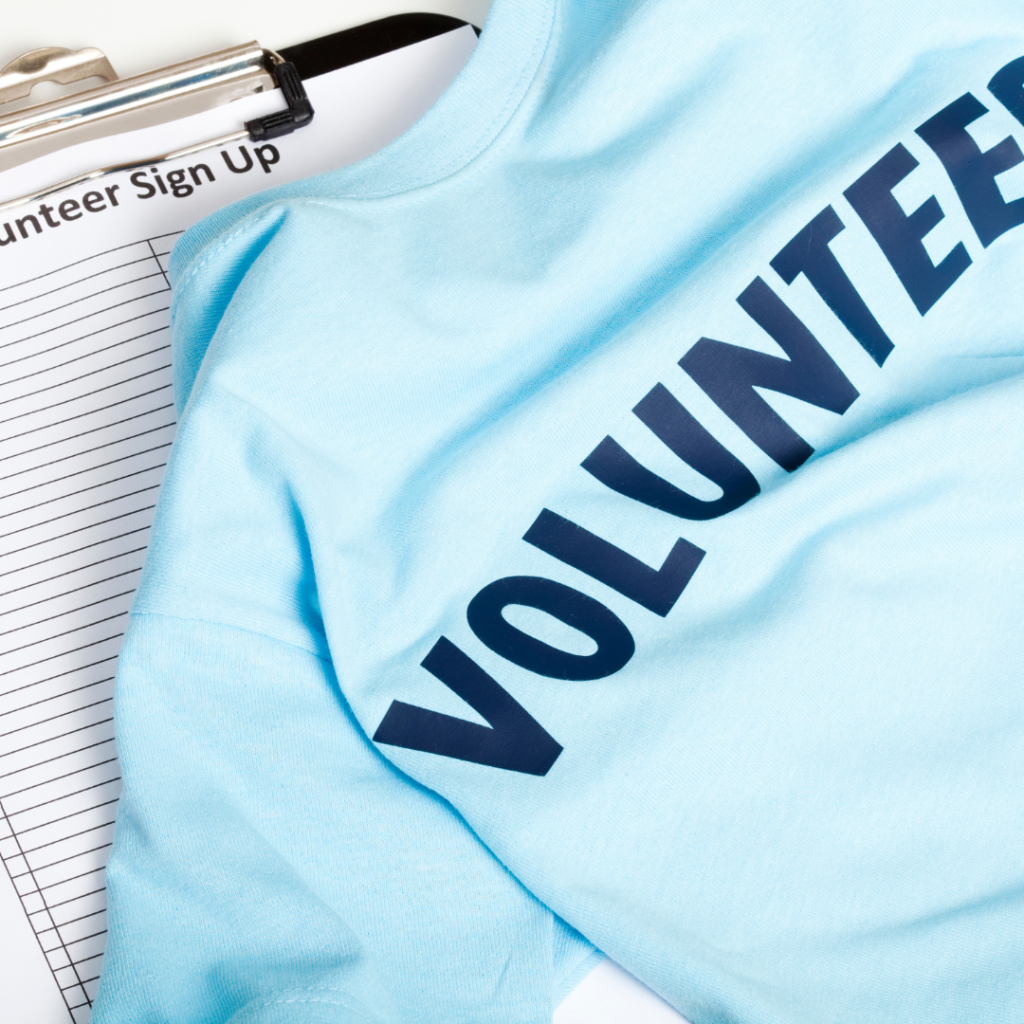
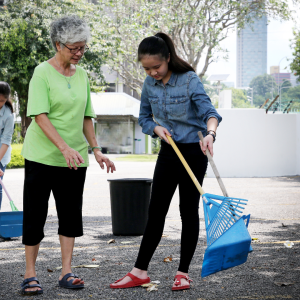
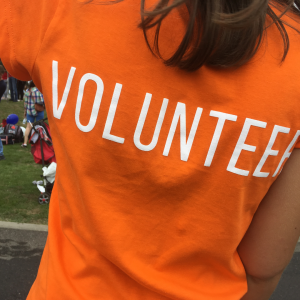
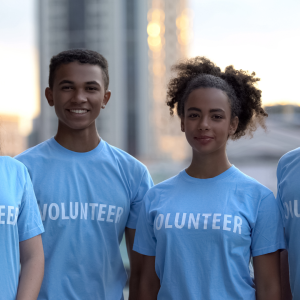


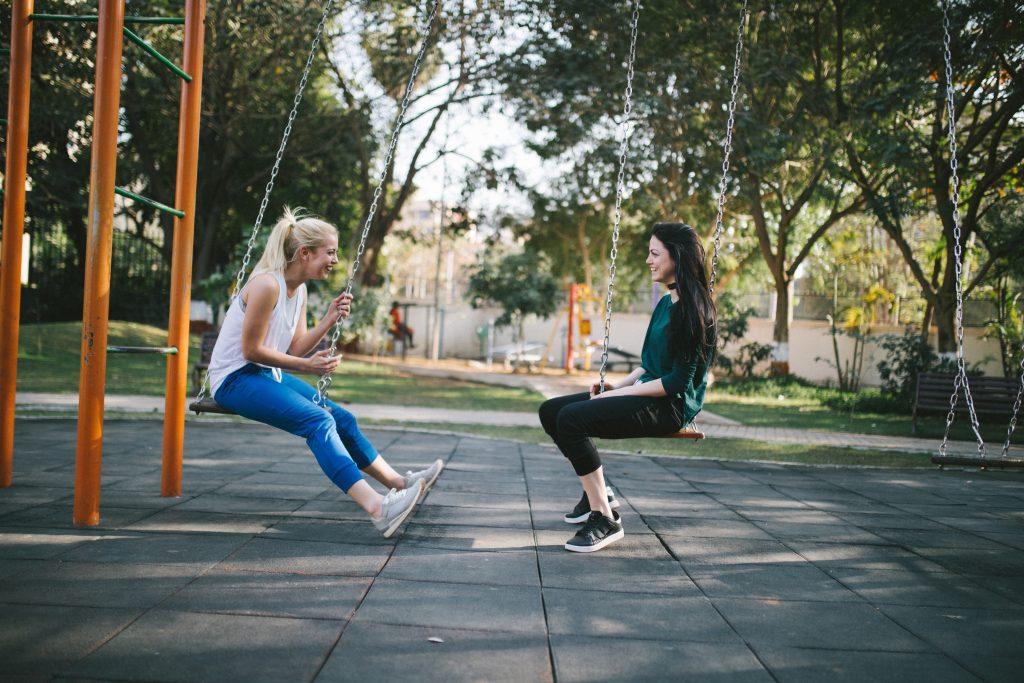



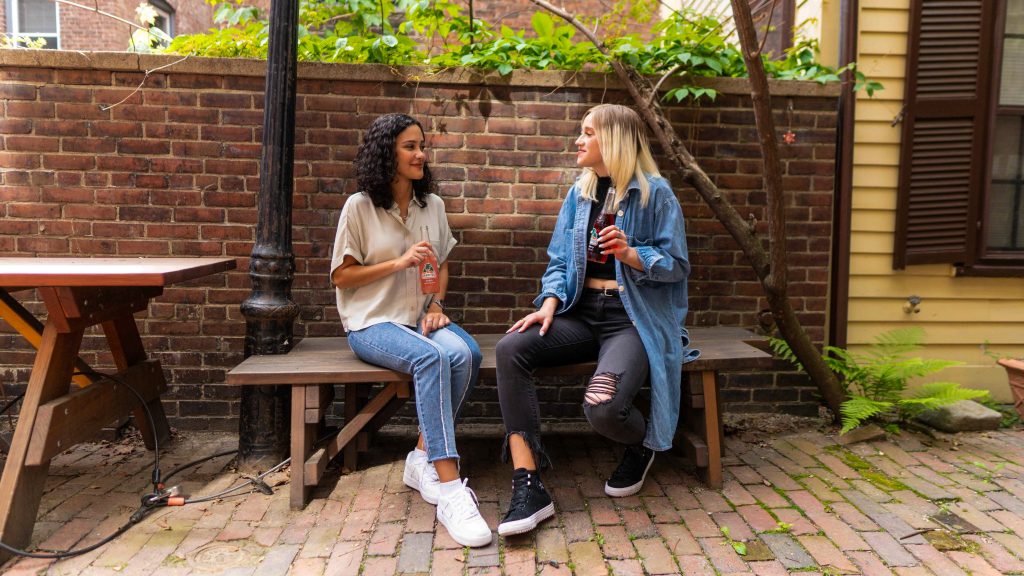











 Chantal Côté (she/her) is a psychologist and teen life coach living in Calgary, Alberta. After over a decade in non-profit and community mental health, Chantal started
Chantal Côté (she/her) is a psychologist and teen life coach living in Calgary, Alberta. After over a decade in non-profit and community mental health, Chantal started 





